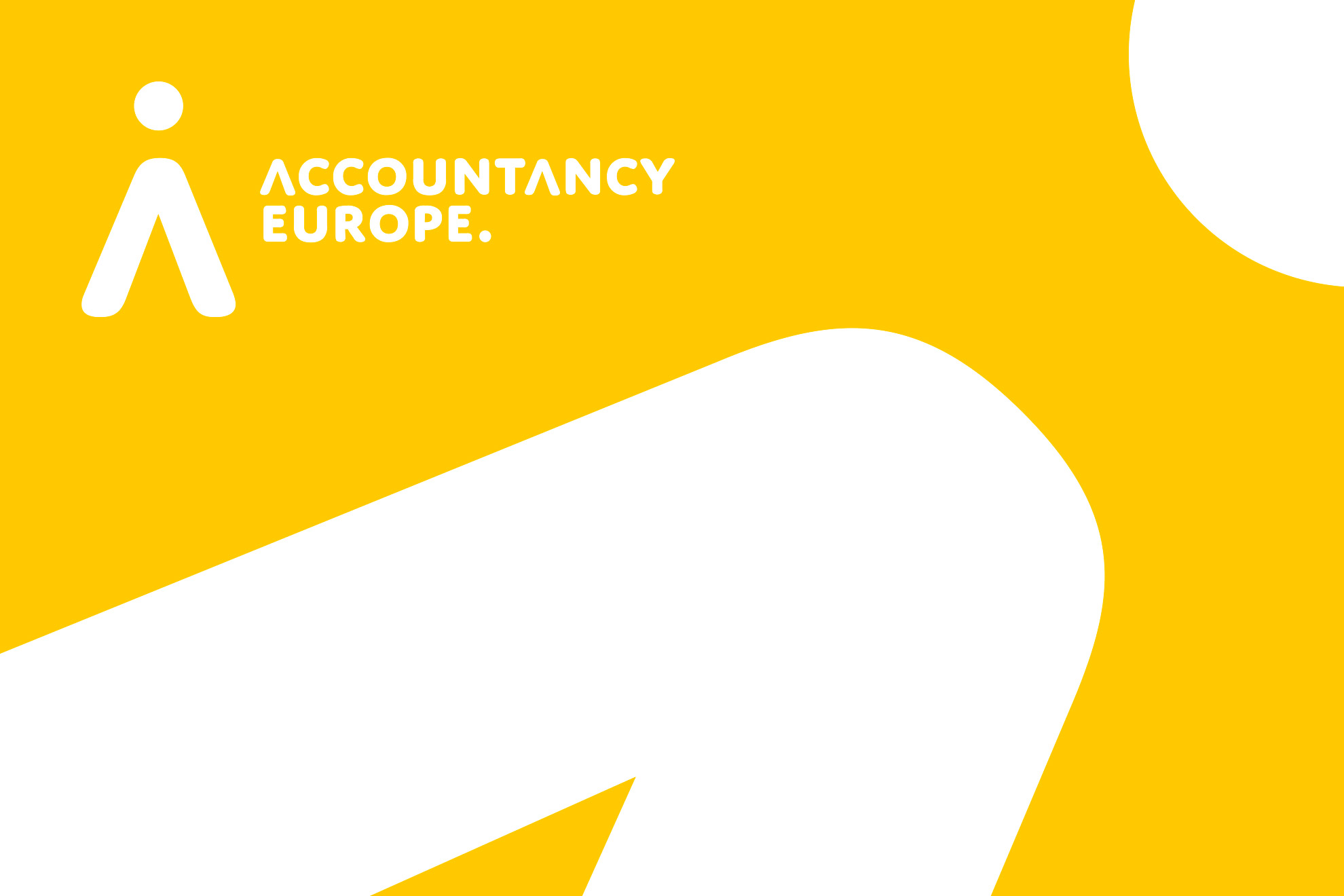

In their book The Future of the Professions, Richard and Daniel Susskind wrote that the world is moving from a print-based industrial society to a technology-based economy.
Much of the world is currently transitioning from the former to the latter. Speaking at Accountancy Europe’s Digital Day 20 18, BDO France managing partner and IFAC board member Philippe Arraou told delegates that this is leading the basis of society and the economy to change. Accountancy, as a profession, is deeply rooted in the print-based economy, and public authorities have drafted regulation to reflect that.
“Even if you send a PDF file to your clients, this is not digital thinking – it is the dematerialisation of the printing, but the basis is the same,” Arraou noted. Accountants, instead, need to face entirely new concepts.
One of the traits of this new world is the increased importance of speed in adopting new technologies, and Arraou pointed to a quote from Klaus Schwab, founder and executive chair of the World Economic Forum, saying :”In this new world, it is not the big fish which eats the small fish, it is the fast fish which eats the slow fish .”
With the emphasis on speed, and technology also developing at a rapid race, there are questions about whether these might come at the expense of quality and reliability. This was the subject of a panel discussion chaired by Jjoti Banerjee, special interest groups programme lead at the International Integrated Reporting Council.
Banerjee began by looking at the case of the former CEO of Cambridge Analytica, who had told reporters that his company had been investigated by the authorities but had not been found guilty.
Banerjee noted:” What he did not say was what this was the third time they were being investigated, and basically the investigating authority in the UK had found that they didn’t have the rules in place that would allow them to convict Cambridge Analytica of what they believed to have been fraudulent behaviour in the polls that were taking place.”
This is a clear case of a technology company behaving in a manner many people believe is inappropriate, but where the rules are not in place that would prevent the type of behaviour from taking place, or from controlling it – because so much of the legislation is designed to apply to the pre-digital age, Banerjee said.
One rapidly developing technology is Al, and this presents a classic example of some of the problems that implementing a new technology might present.
IEEE European business operations senior Clara Neppel noted that facial recognition often displays cases of racial discrimination: when I was used to judge a beauty contest, it showed a clear preference for girls of one race. A similar issue arose when automatic decision-making systems were brought into help US judges, and incidences have been observed in cases where I has been used for creditworthiness.
“One problem is the confusion between correlation and causation . There might be a correlational between me being creditworthy and having the right friends, but it’s not a causation. If I have a rich friend, it doesn’t mean I am rich,” Neppel noted.
With these technologies typically moving faster than the regulators, and automating large pans of what has traditionally been the role of the accountant, there remain questions all round.
For Martijn Sprengers, information security advisor at KPMG, it might be a good idea for IFAC to put in place a code of ethics for professional accountants specifically dealing with technology.
He noted: “The ethics that need to be implemented, can be implemented through accountancy firms, which are in a unique position to oversee other firms and other organisations. I think we are responsible to society not only for checking the financial statement audits, but maybe also for technology audits, and the way society deals with technology.”
This position was echoed by Neppel, who added: “You can have automatic contracts; accounting is done automatically as well.
The question then is: what is the role of the manager, of the accountant, and so on? “Everything is going to be done automatically. In these really automised societies, we need trust. Trust has to come from humans – the human in the loop, and I think accountants have an important role in that scenario.”
For Arraou, the whole role of accountants needs to change. He told delegates: ” have to move a bit from accounting to information systems. The only information system we knew from the past was accounting.
“Today, accounting is a part of the information system – only a part, and the information system of business is much larger than only accounting.
“We have to be adapted to chat, and have a look, overview and control of what is happening. We have to change the model, like our clients are changing theirs.”
Article published in The Accountant